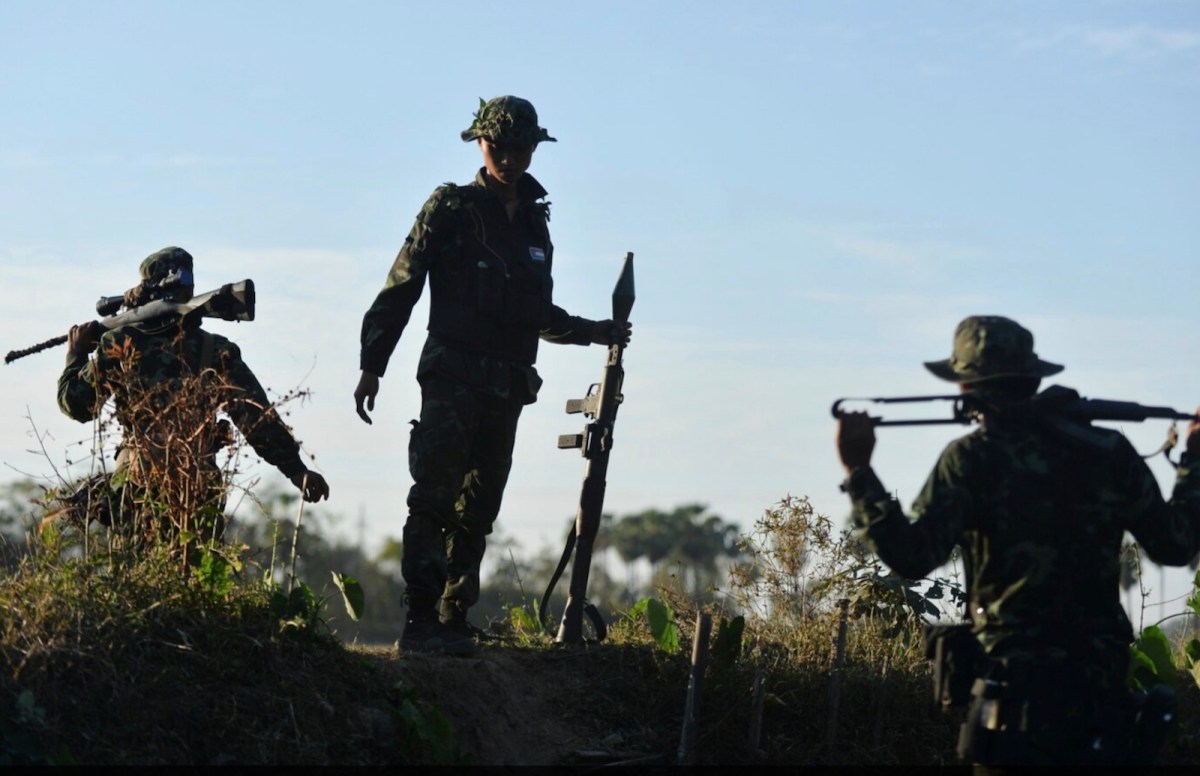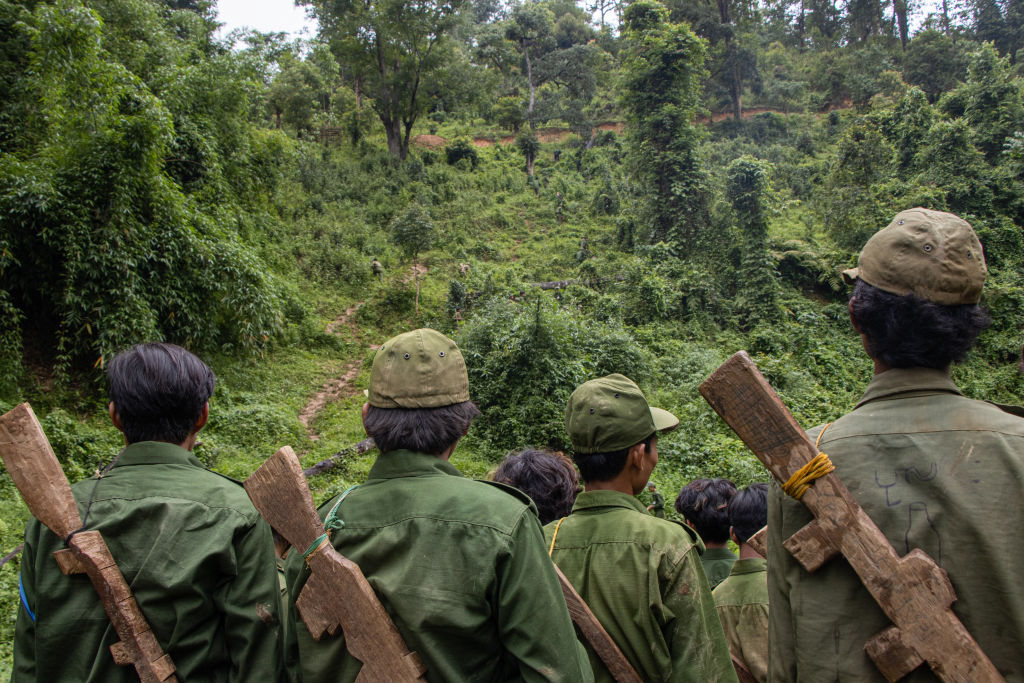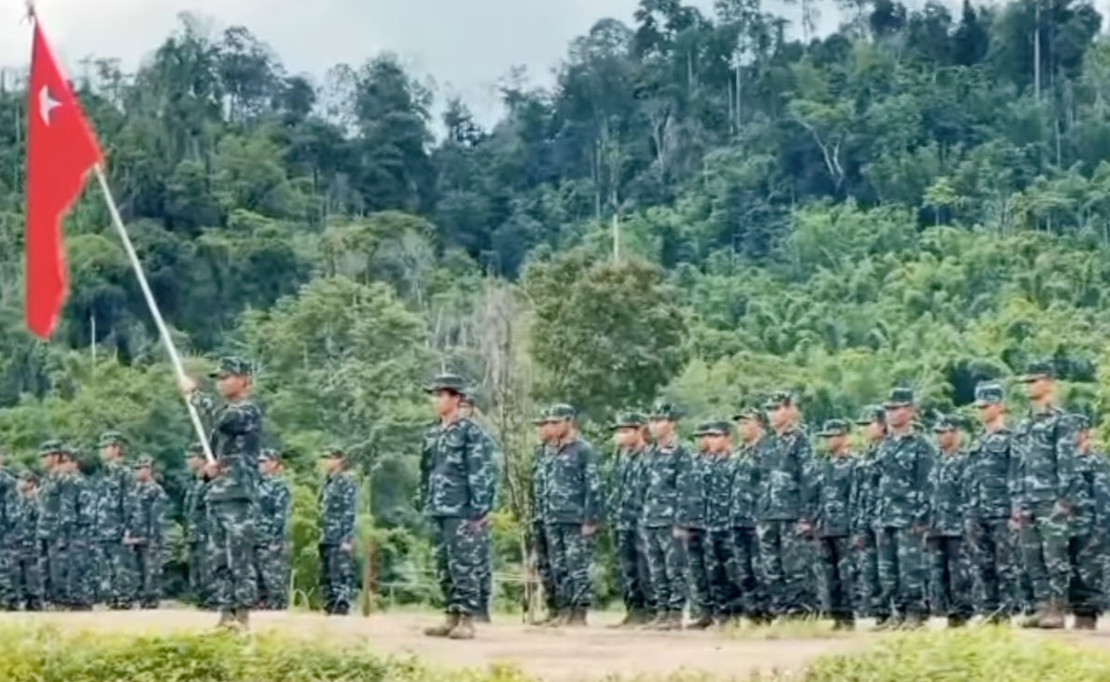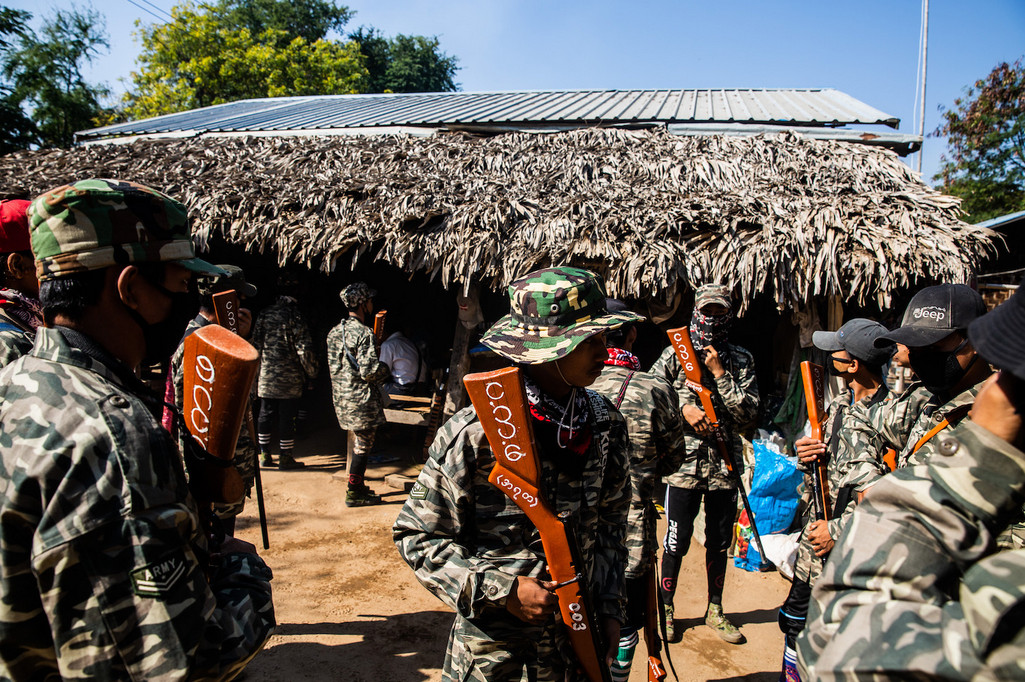These experts often have specialized knowledge and skills that are instrumental in advancing the organization’s mission and goals. Here’s how these experts contribute:
Research and Analysis: Experts and researchers within NGOs and advocacy groups conduct in-depth research and analysis on various environmental issues.









They collect data, review scientific literature, and analyze trends to understand the root causes of environmental problems and identify potential solutions.
Policy Development: Experts and researchers play a key role in developing policy recommendations and proposals. They evaluate existing policies, assess their effectiveness, and develop evidence-based policy alternatives that address environmental challenges and promote sustainability.
Technical Expertise: Many environmental issues are complex and multifaceted, requiring technical expertise to understand and address effectively. Experts and researchers provide technical knowledge in areas such as environmental science, ecology, engineering, and economics, helping to inform decision-making and policy development.
Communication and Advocacy: Experts and researchers communicate their findings and recommendations to policymakers, the media, and the public. They write reports, briefings, and articles, participate in meetings and conferences, and engage in media interviews to raise awareness and advocate for policy change.
Strategic Planning: Experts and researchers contribute to the strategic planning process within NGOs and advocacy groups. They help identify priority areas for action, develop long-term goals and objectives, and devise strategies to achieve organizational objectives effectively.
Capacity Building: Experts and researchers may also be involved in capacity building initiatives aimed at empowering communities, organizations, and governments to address environmental challenges. They provide training, technical assistance, and resources to enhance the knowledge and skills of stakeholders involved in environmental management.
Collaboration and Networking: Experts and researchers collaborate with other organizations, academic institutions, and government agencies to leverage expertise, share knowledge, and build partnerships. They participate in networks, working groups, and collaborative initiatives to foster collaboration and collective action on environmental issues.
Monitoring and Evaluation: Experts and researchers monitor the implementation of policies and programs, evaluate their impact, and provide feedback for improvement. They use monitoring and evaluation techniques to assess progress, measure outcomes, and ensure accountability in environmental decision-making.
Overall, experts and researchers within NGOs and advocacy groups play a critical role in advancing environmental advocacy efforts, providing the knowledge, analysis, and expertise needed to address complex environmental challenges and promote sustainable solutions.

Leave a Reply